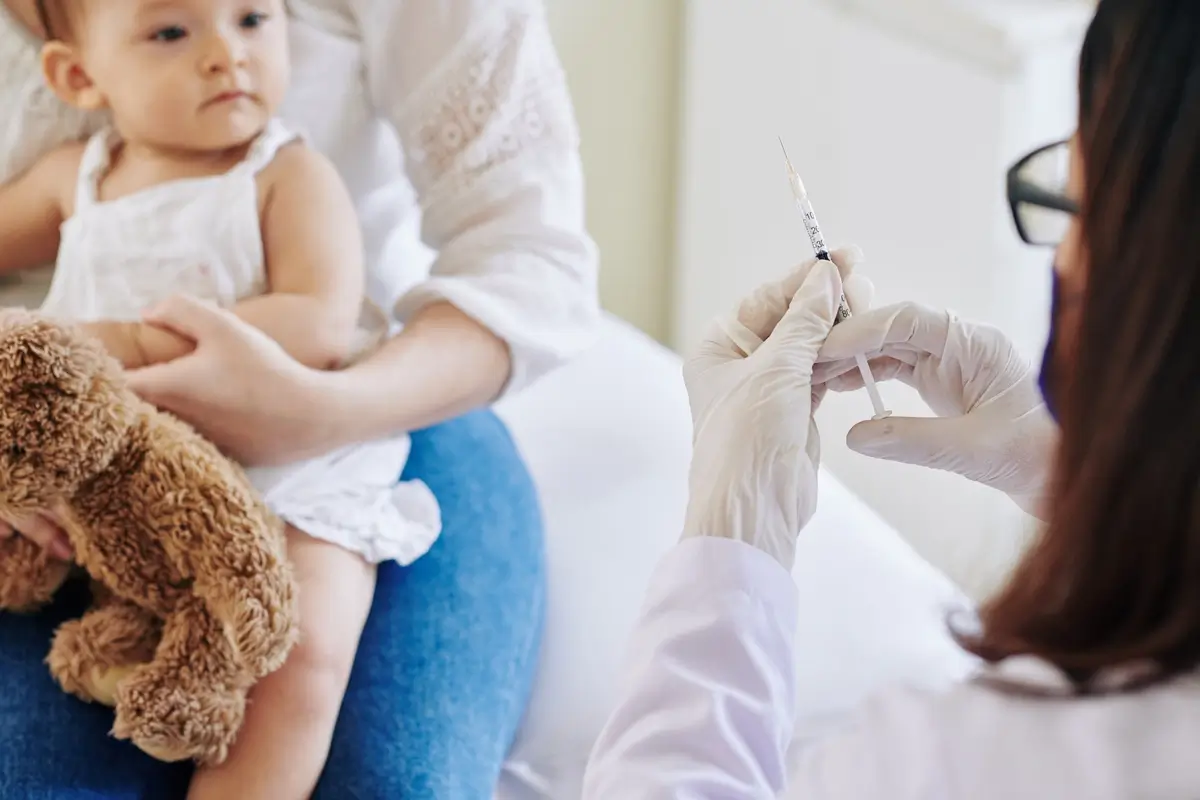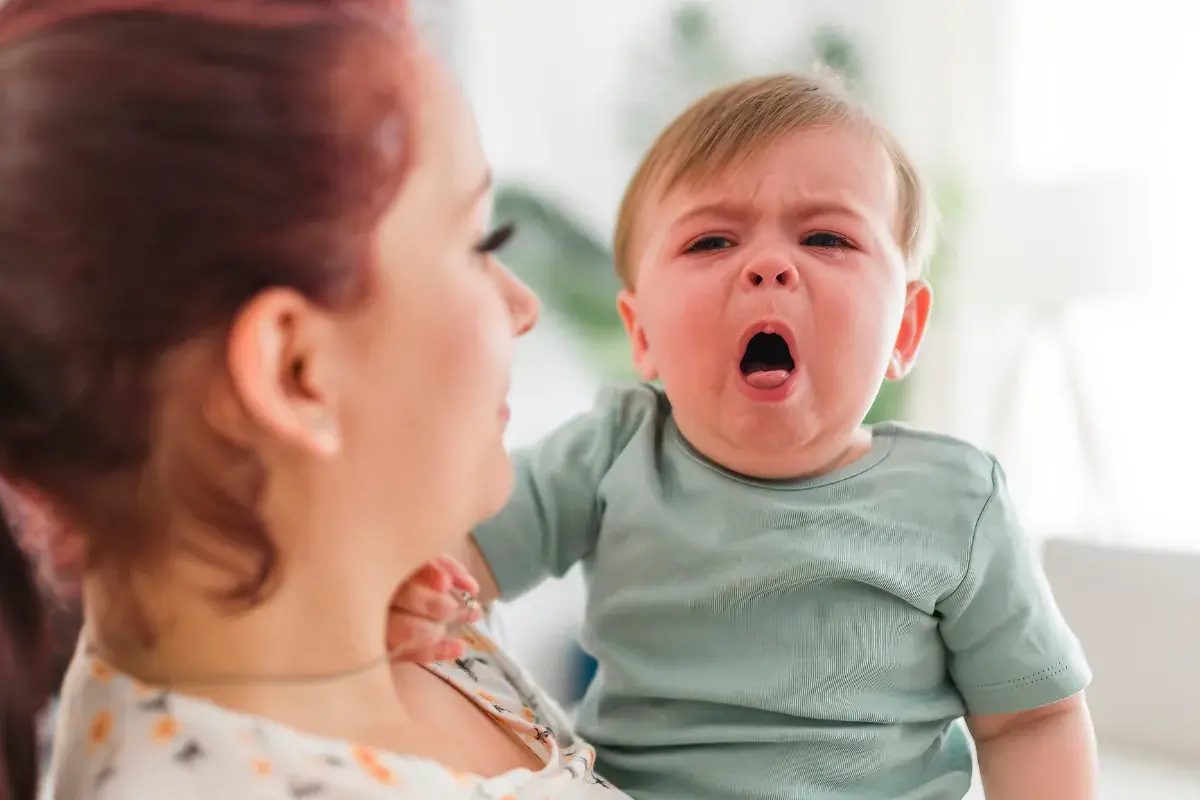Imagine a newborn baby—fragile, vulnerable, and entirely dependent on its caregivers for survival. From the moment of birth, one of the most effective ways to protect this tiny life is through vaccination. Far more than a medical procedure, vaccination acts as a vital shield against diseases that can otherwise be life-threatening for young children.
A recent case of a baby in intensive care due to missed vaccinations highlights the critical importance of immunization. This child’s vulnerability was compounded by the lack of vaccination not only in itself but also among nearby children aged 2 to 4. What should have been a preventable illness escalated into a medical emergency.
This scenario underscores an essential truth: childhood vaccination doesn’t just safeguard individual health; it protects the entire community. By ensuring children receive their vaccines on time, we prevent the spread of dangerous diseases and create a healthier environment for everyone.
Why Are Vaccines So Important in the Early Years of Life?
The early months and years of a baby’s life are a critical time for immune system development. During this period, a child’s immune system is at its most vulnerable. Unlike adults, who have built immunity through exposure to various viruses and bacteria over time, babies rely heavily on the protection provided by vaccines.
As a board-certified pediatrician specializing in Pediatric Critical Care Medicine, I often emphasize that, “Vaccines don’t just protect the child who receives them; they create a community barrier against the spread of preventable diseases. When children are not vaccinated, as seen in this case, that barrier breaks down, endangering the youngest and most vulnerable.”
Most vaccines are given during the first 12 to 18 months of life because this is when a baby’s body is primed to learn how to defend itself against external threats through immunization. Without these defenses, even minor illnesses like a cold or fever can escalate into serious medical emergencies—just as it did for this baby who ended up in intensive care.
Vaccination during these formative years not only safeguards individual children but also strengthens the health of the entire community, ensuring that preventable diseases stay at bay.
Vaccines: A Protective Shield
One of the most important concepts in vaccination is herd immunity. When a high percentage of the population is vaccinated, diseases have fewer opportunities to spread. This principle is especially crucial for those who cannot receive vaccines, such as newborns, people with weakened immune systems, or individuals with certain medical conditions.
However, when vaccination rates in a community drop, this collective protection weakens. In this case, the children aged 2 to 4 around the baby were not vaccinated. As a result, the baby, who had not yet received all of its vaccinations, was exposed to a disease that could have been prevented. While young children may seem healthy, they can still carry and spread diseases if unvaccinated, and in this instance, the lack of protection had devastating consequences.
“It’s important for parents to understand that vaccinating their children is not only an act of love toward them but also toward all other children they come into contact with. Babies rely on that network of immunity built through community vaccination”
Consequences of Lack of Vaccination in Early Years
The case of this baby in intensive care is far from unique. Time and again, we see how the absence of vaccination contributes to outbreaks of diseases once considered controlled or eradicated, such as measles or whooping cough. While these illnesses may seem minor to some, they pose serious risks to babies.
When a baby becomes ill due to insufficient vaccination in its surroundings, the repercussions often go beyond a hospital stay. The child may suffer long-term physical and neurological damage, significantly affecting their development. Additionally, the emotional toll on the family can be profound and lasting.
Vaccination is not just a medical precaution—it’s a community responsibility to safeguard the most vulnerable among us.
Key Facts on Childhood Vaccination
To understand why early vaccination is so crucial, consider these key points:
- Hospitalization and Mortality: According to the CDC, infants are the most vulnerable age group for hospitalization and death from vaccine-preventable diseases. Serious complications like pneumonia, encephalitis, and sepsis are especially common in children under 2 years old.
- Disease Reduction: Vaccines have dramatically reduced or eradicated many once-deadly diseases. For example, measles, which caused approximately 2.6 million deaths in 1980, has seen over a 90% reduction thanks to vaccination efforts.
- Community Protection: Herd immunity is vital for shielding those who cannot be vaccinated, such as babies under six months old. In this case, had the older children around the baby been vaccinated, the disease could have been avoided entirely.

As a pediatrician, I stress that misinformation—or worse, disinformation—about vaccines poses a serious threat to our children. Vaccines are not optional; they are a necessity to safeguard the health of both our children and our communities.
This situation underscores the importance of adhering to vaccination schedules. Any delay can increase the risk of exposure to dangerous and preventable diseases. Let’s protect our children by staying informed and proactive.
What Can We Learn from This Case?
This case highlights that vaccination is a collective responsibility. It’s not just about protecting one child but safeguarding the health of all children within a community. Babies, being the most vulnerable, rely on the immunization of those around them to stay healthy and avoid life-threatening illnesses.
Vaccines are not only safe but also the product of decades of rigorous scientific research. When parents vaccinate their children, they are not only protecting their own but also the youngest and most defenseless babies who have yet to complete their vaccination schedules. Simply put, vaccinating your child helps save lives.
As a society, it’s vital to recognize that vaccination is an act of shared responsibility. Parents play a critical role by ensuring their children are vaccinated. This proactive step not only protects their own families but also strengthens the broader shield of herd immunity, which many depend on to survive.
This real-life case should inspire us all to take action. If you have children, review their vaccination schedule and ensure they’re up to date. If you know someone with questions about vaccines, share this blog and help spread the word about the importance of vaccination. Together, we can create a stronger, healthier community where babies can grow up free from the threat of preventable diseases.
We’d love to hear your thoughts—please leave a comment and share this blog with other parents. For more tips on preventing and detecting early respiratory infections in children, follow me on Instagram, Facebook, Twitter, and LinkedIn. Let’s work together to ensure our little ones enjoy healthy lives, with habits that support their well-being to the fullest.






